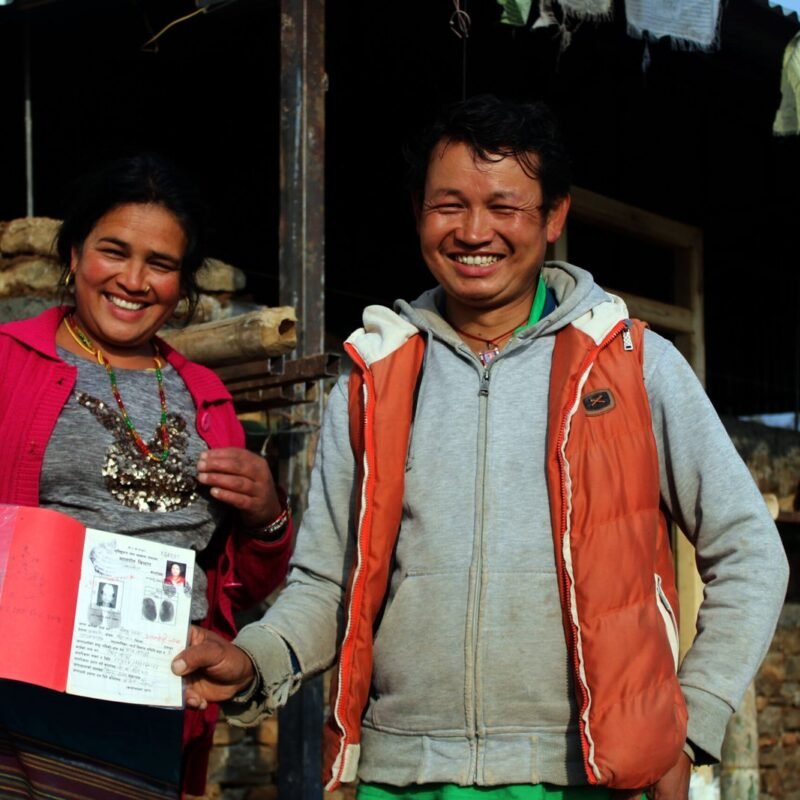Joint Land Ownership
A person’s relationship to the land is a major element of their well-being and identity in society. Strengthening land rights specifically for women can bring about a change in the gender dynamics, creating positive change in the lives of women, and increasing social, economic, and political gender equality. Women feel heard once they become landowners.
The Nepal Government implemented the Joint Land Ownership (JLO) Policy in 2011. It is constantly being taken forward as a campaign. Currently 10,731 JLO certificates have been distributed through the campaign. This policy came into effect due to a long struggle and constant efforts of the National Land Rights Forum and Community Self Reliance Centre.
This achievement has taken a long time, and it has seen its fair share of struggles. The first National Conference on Women & Land Rights was held in 2005.
In 2011, under the leadership of the National Land Rights Forum, 1000 women from 50 districts across Nepal came to Kathmandu and held a sit-in. They had various demands, one of which was the policy of Joint Land Ownership. The Government took this positively and included the provision of Joint Land Ownership in their 2011 Policy and Programs. The land in the husband’s name could now be transferred in the names of both the husband and wife by paying only Rs. 100. To make the implementation easier, the Ministry of Land Reform and Management In 2017, endorsed a guideline to issue Joint Land Ownership Certificates.
Joint Land Ownership Certificate empowers women. It has become a medium to increase women’s self-esteem as women feel heard once they become landowners.

